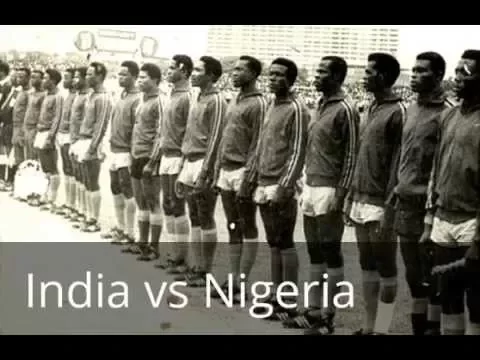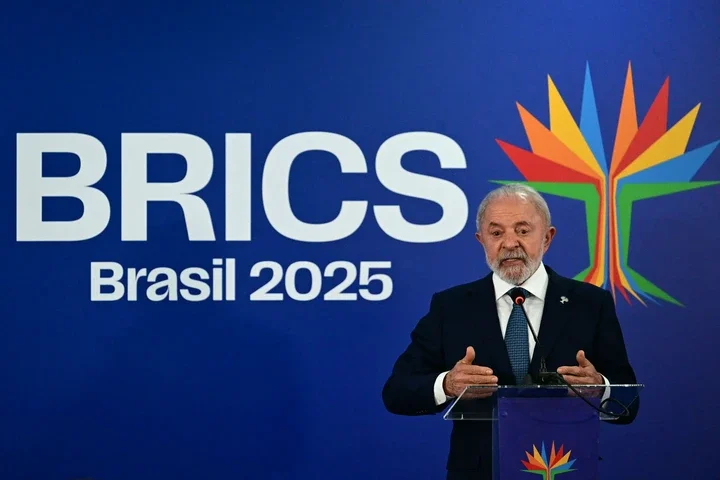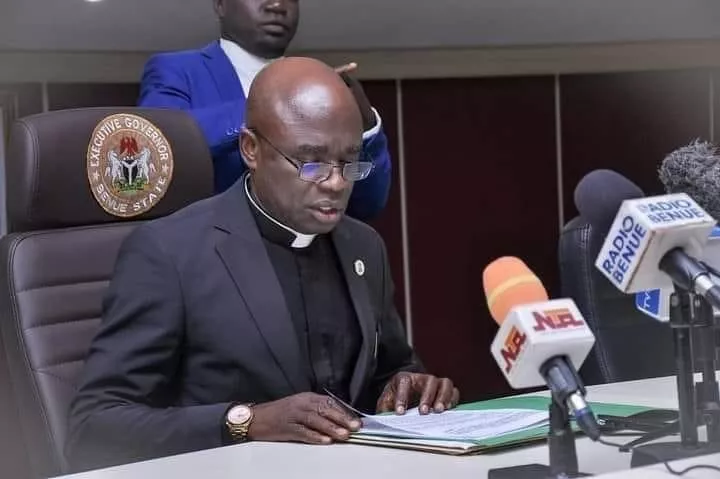With the BRICS summit days away, a 50% tariff hike pushes Brazil and the U.S. toward a trade war - with beef, soy, and sovereignty on the line
President Donald Trump just made Jair Bolsonaro Brazil's most expensive export. Trump slapped a 50% tariff on Brazilian imports this week, citing what he called the "WITCH HUNT" of former Brazilian president Bolsonaro, who is currently on trial for allegedly trying to overturn the country's 2022 election. But current Brazilian President Luiz Inácio Lula da Silva isn't backing down. He's signaling a diplomatic samba - threatening retaliation and warning that Brazil's sovereignty isn't up for negotiation.
Lula wrote on X, "In light of the public statement made by U.S. President Donald Trump on social media on the afternoon of Wednesday (9), it is important to highlight the following: Brazil is a sovereign nation with independent institutions and will not accept any form of tutelage. The judicial proceedings against those responsible for planning the coup d'état fall exclusively under the jurisdiction of Brazil's Judicial Branch and, as such, are not subject to any interference or threats that could compromise the independence of national institutions."
The tariffs are expected to hit major Brazilian exports such as beef, soy, and metals, raising alarm across the U.S. industries that rely on them. American companies with operations in Brazil, particularly in energy, chemicals, and auto parts, are bracing for blowback. If the tariffs are actually enacted as the president has promised will happen on August 1, they would represent the most severe trade penalties the U.S. has imposed on Brazil in decades, dwarfing Trump's first-term aluminum tariffs and potentially jeopardizing billions in cross-border flows.
On Monday, Lula told reporters, "I think it's very wrong and very irresponsible for a president to be threatening others on social media." He added, "He needs to know that the world has changed. We don't want an emperor."
While Lula hasn't laid out specific countermeasures, he made it clear that Brazil views the tariff hike as a direct attack on the integrity of its democratic institutions. He added on X that "any unilateral tariff increases will be addressed in accordance with Brazil's Economic Reciprocity Law." Senior officials in BrasÃlia have signaled that the government is considering a response under its reciprocity law, which allows for tit-for-tat measures against trading partners deemed to be acting in bad faith. The administration is also reportedly reviewing bilateral investment frameworks and trade flows.
Bolsonaro was formally charged in February over his alleged role in a failed 2022 coup; he's widely expected to be convicted. The former Brazilian president - long seen as Trump's ideological twin - has become a political flashpoint as Brazil reckons with its own January 6-style moment.
There's a broader geopolitical ripple to the recent comments, as well. The timing of Trump's spat complicates Brazil's positioning ahead of the coming BRICS summit in Rio de Janeiro, where Lula had hoped to put a spotlight on Brazil's growing role as a stable power in the Global South. Instead, the country finds itself staring down a fresh trade war with Washington - just as it tries to balance relations with the U.S., China, other BRICS partners, and a divided bloc of emerging economies.
Unlike China, Brazil isn't a traditional economic adversary. But Trump's move threatens to push Lula further into alignment with Beijing , just as BRICS is exploring trade mechanisms, including a potential alternative currency to the U.S. dollar.
Markets are watching closely. The move could drive up prices for American importers while forcing Brazilian exporters to shift toward Asia and Europe. Economically, the immediate impact may be limited. Politically, it could be explosive.
This is the latest chapter in Trump's familiar playbook: Use tariffs to apply pressure, wrap economic levers around political goals, and make foreign policy personal. Lula is making it clear that he won't be bullied into silence, and Bolsonaro's trial is likely to drag on for months. That means the U.S.-Brazil relationship could get a lot more expensive - fast.











All Comments0